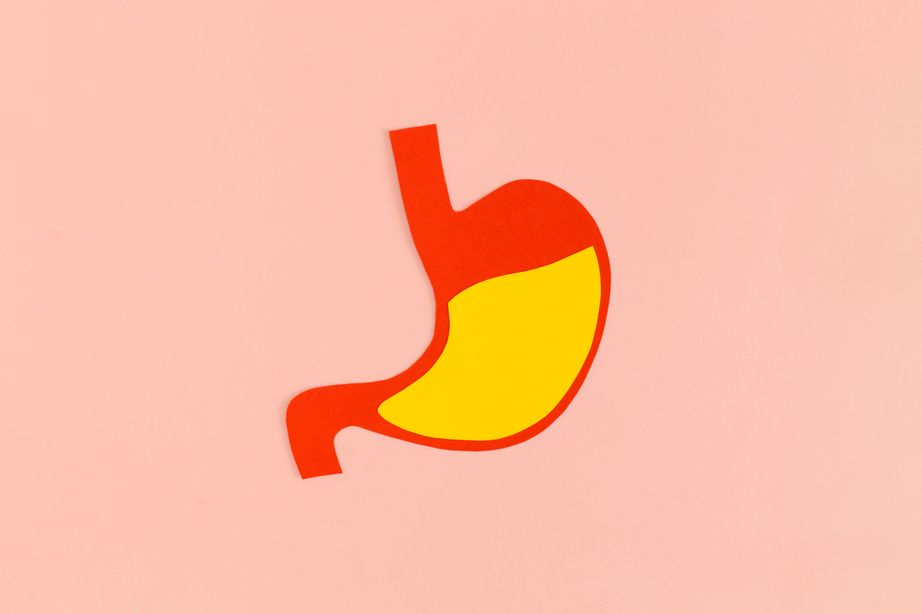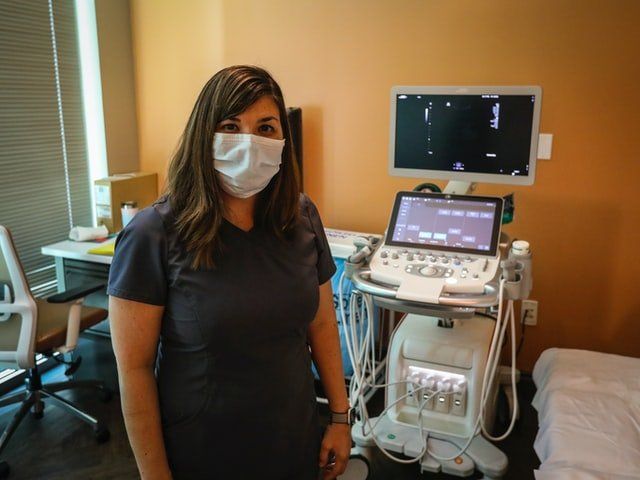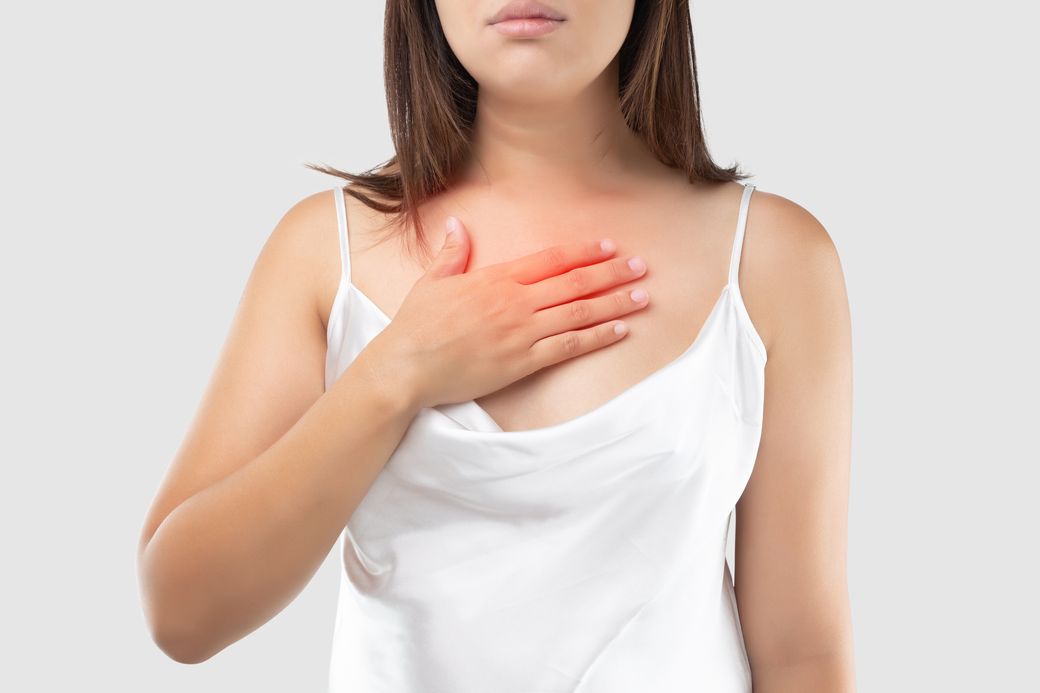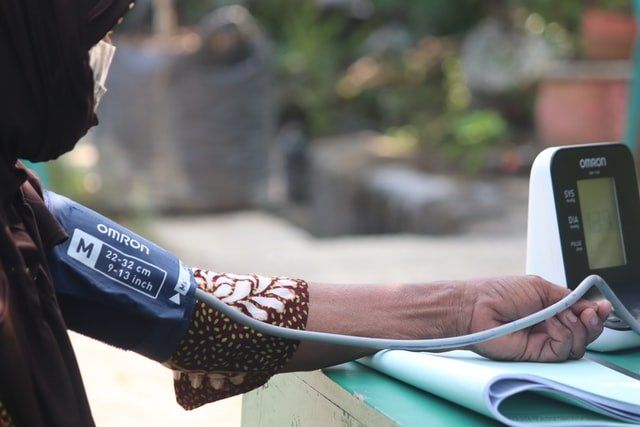Addressing the Gastrointestinal Symptoms of Celiac Disease
While the path of managing underlying symptoms and restoring proper functioning is long in those with celiac disease, many avenues have shown some promise in relieving GI symptoms. The secret is to figure out what works best for you and begin a course of action towards recovery.
Understanding Celiac Disease
Celiac disease is a digestive illness that affects children and adults. It is an inherited autoimmune disorder that causes problems in the small intestine. The inflammation resulting from celiac disease can lead to pain, malnutrition, and even cancer.
Symptoms of celiac disease include:
- Diarrhea
- Gas
- Constipation
- Nausea
- Vomiting
- Abdominal pain
- Increased abdominal size
Causes of Celiac Disease
The primary cause of celiac disease is a reaction to gluten, a protein found in wheat, rye, and barley. For celiac patients, ingesting even a small amount of gluten can lead to intestinal damage.
Alleviating GI Symptoms of Celiac Disease
The good news is, there are ways you can alleviate GI symptoms caused by this disease. Some of them include:
Adjust Your Diet
One of the most effective solutions to alleviate celiac disease symptoms is to make dietary changes. Your doctor may recommend eliminating gluten-containing food or even put you on a gluten-free diet.
Limit Alcohol Consumption
Alcohol is known to aggravate GI symptoms in celiac disease patients. It can trigger nausea, vomiting, and diarrhea. If you are going to drink, stick to one drink a day, and only after eating.
Get Adequate Sleep
Getting enough sleep is also necessary for a healthy GI tract. Lack of sleep can result in too much abdominal pressure, which may lead to more abdominal pain and nausea.
Eat Fiber-Rich Food
Fiber can help relieve various gastrointestinal symptoms, including gas and bloating. To combat these symptoms, you should try to consume more fiber. Good sources include beans, fruits, broccoli, and potatoes.
Practice Deep Breathing
Deep breathing can combat nausea and vomiting. It relaxes the muscles, which helps keep your stomach under control. Deep breaths can also help relieve abdominal pain.
Wear Loose Clothing
Although wearing loose clothing will not necessarily help relieve your symptoms, it will make you more comfortable. Tight clothing, especially around the abdomen, can cause more abdominal discomfort.
Take an Over-the-Counter Medication
OTC drugs can contain anti-nausea and anti-diarrhea ingredients that can alleviate intestinal symptoms. They can also help with nausea, vomiting, and abdominal pain.
Take Probiotics
Probiotics can help restore and maintain your intestinal balance and help alleviate GI symptoms. They also aid in regulating bowel movements and digesting food. For best results, look for liquid or chewable forms.
Try Herbal Remedies
Certain herbal remedies can help relieve GI symptoms caused by celiac disease. These include fennel, ginger, and peppermint.
Don't Let Celiac Disease Get You Down
The symptoms of celiac disease are not only painful, but they also disrupt the lives of those who experience them. However, you can alleviate these symptoms through a combination of diet and lifestyle adjustments. This can be the best way to get their lives back on track for many people.
Michael Kahaleh Gastroenterologist is a world-renowned endoscopist and gastroenterologist specializing in treating
Barrett's esophagus metaplasia in New Jersey, among other health conditions. Let us help manage your celiac disease. Contact us!










